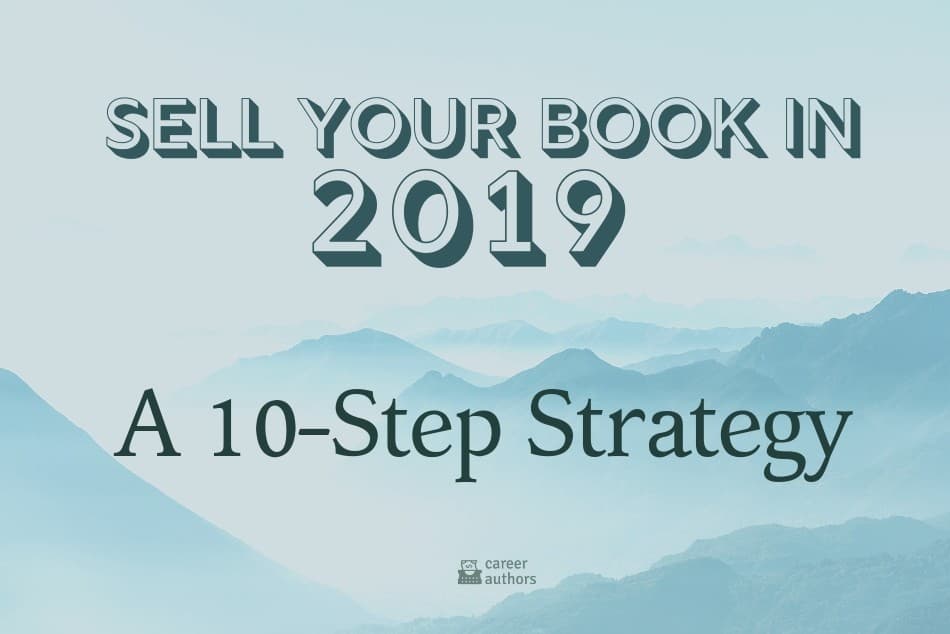You’ve spent months, maybe even years, writing your book—now it’s time to sell it. That may seem like a daunting task, given how tough it can be to break through all the gatekeepers and find an agent or interest an editor or win an offer from a publisher.
Here’s a ten-step strategy for selling your book based on my experience as an agent, acquisitions editor, and author:
1. Know your comps.
In order to position your book effectively, you need to understand where your book will sit on the shelf, be it bricks and mortar or virtual. Editors pitching projects to their publishing boards typically need to name several comps—that is, titles in the same sub-genre published in the past three to five years by up-and-coming writers.
So do you. These comps prove there is a definable audience for your book—and a shelf where it can sit. This is your competition—your comps.
2. Write a great elevator pitch.
Describe your work in 100 words or less. Write it from the protagonist’s point of view, and include the main action, what sets your book apart, and the emotional impact on the reader.
Example: Gone Girl is a thriller about a wife gone missing, and the husband held responsible for her disappearance. Is she dead—or just pretending? Is he a murderer—or just a cuckold? [main action]
Told from alternating his and her points of view [what makes it different], this twisted love story reveals the terrible truths about an ordinary marriage—the tie that binds, for better or worse. [emotional impact]
3. Identify your target audience.
These are the people who could conceivably shell out $25 for your book: the readers who bought your comps, the people who love the Strip in Las Vegas (if your book is set on the Strip in Las Vegas), your one million Facebook fans, your 50,000 fellow yoga teachers (if your book is about a yoga teacher).
4. Identify your target publishing people.
Find out which agents are representing your kind of book, which editors are buying your kind of book, which publishers are publishing your kind of book. This means subscribing to Publishers Marketplace, reading your genre association newsletters, reading widely in your genre and sub-genre, etc.
5. Get around.
Go to your genre association meetings, book signings at your local bookstore, writer’s conferences, book club meetings, writing workshops, wherever editors and agents and writers hang out. Network nicely, not creepily.
6. Use social media the right way.
This means no pitching on Facebook or Twitter or other online avenues. Use social media to interact with publishing people. Follow agents and editors and writers working in your genre. You’ll learn a lot—including who’s looking for what. Armed with this info, proceed….
7. Pitch!
Send out queries (in accordance with the agent/publisher website’s guidelines), participate in online pitch contests, sign up for pitching sessions at conferences, etc. Memorize that elevator pitch so that if you’re at a party and your brother-in-law introduces you to some guy whose mother works at a Big Five house or some lady whose daughter just went to work for a hotshot acquisitions editor, you’ll be ready. (Both of which actually happened to writers I know. I’m just saying.)
8. Follow up.
Do not assume that no news is a “no.” No news is “I haven’t gotten to it yet.” Follow up nicely and consistently once a month or however often the editor or agent asks to be reminded. Do not call or send presents or act like a stalker. Just be normal and polite and tenacious.
9. Review your feedback.
- If no one responds to your pitch with requests to see material, your pitch is not working. Revise your pitch and re-pitch.
- If people love your pitch and ask to see material but then pass, your material is not working. Most probably your beginning, since most agents and editors read just far enough to know something isn’t working. Revise your material. Also: Consider hiring a professional editor.
- If you get any specific feedback (as opposed to “not for me”), take it to heart. Fix it before you send it out again.
10. Be persistent.
You’re playing a long game. Play to win.
Good luck! For more, talk to us on Facebook.





